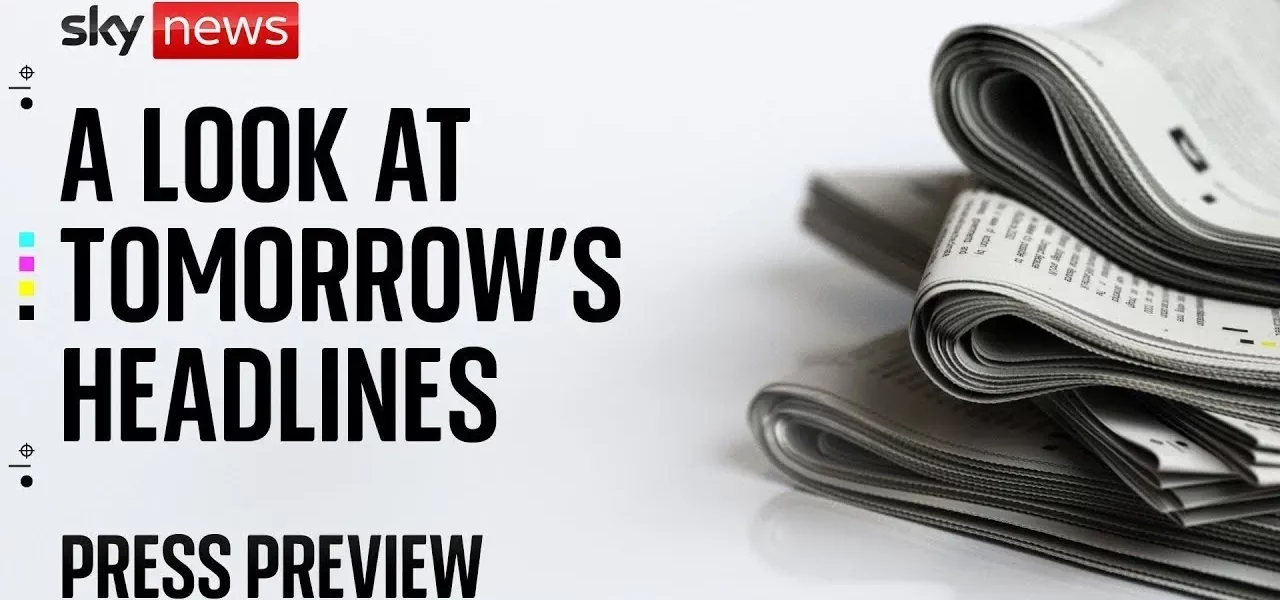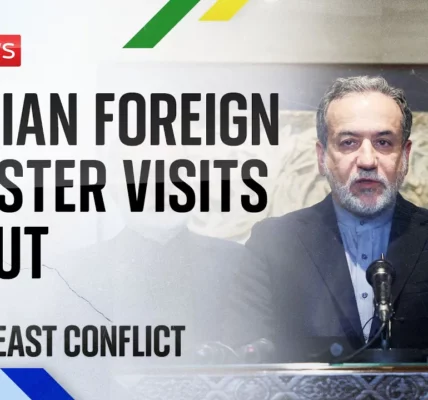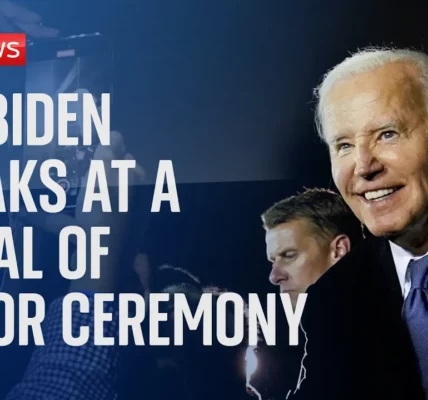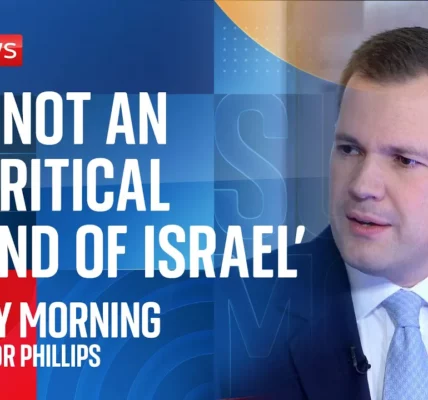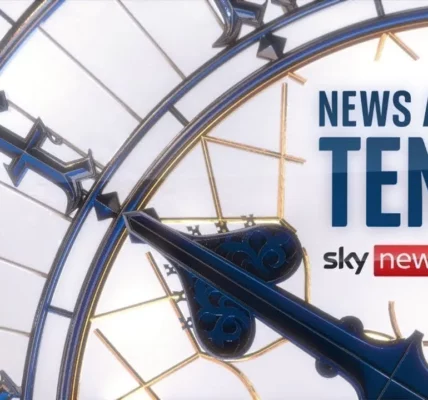Geopolitical Tensions Rise: Sakir Starmer in Washington Amid Putin’s Warnings

In the wake of escalating tensions between Russia and Ukraine, UK Prime Minister Sakir Starmer has arrived in Washington for critical discussions with President Joe Biden. This article explores the implications of their meeting, the statements from world leaders, and the evolving situation in Ukraine.
Introduction
The conflict in Ukraine has reached a pivotal moment, marked by significant diplomatic engagements and stark warnings from Russian President Vladimir Putin. As Sakir Starmer embarks on his visit to Washington, the stakes are high, with potential implications for NATO’s involvement and global security. This article delves into the latest developments, the context of the ongoing conflict, and what lies ahead in this geopolitical chess game.
Current Context of the Ukraine Conflict
As the conflict in Ukraine enters a critical phase, the international community watches closely. President Putin has issued severe warnings regarding the use of long-range missiles by Ukraine, suggesting that such actions could lead to direct conflict with NATO countries.
Putin’s Warnings and Their Implications
In a recent statement, President Putin asserted that allowing Ukraine to strike into Russian territory with Western weapons would signify NATO’s direct participation in the war. This rhetoric raises the stakes considerably and has prompted reactions from leaders across the globe.
- Potential for escalation into a broader conflict
- Increased military readiness among NATO allies
- Concerns over nuclear threats from Russia
Sakir Starmer’s Diplomatic Mission
Prime Minister Sakir Starmer’s visit to Washington is underscored by the urgent need for diplomatic solutions to the ongoing conflict. His discussions with President Biden are expected to focus on military support for Ukraine and strategies to counter Russian aggression.
Objectives of the Meeting
Starmer’s agenda likely includes:
- Strengthening military aid to Ukraine
- Discussing diplomatic pathways to de-escalation
- Coordinating responses to Putin’s threats
Statements on Conflict Resolution
Starmer has reiterated that the UK does not seek conflict with Russia, emphasizing that the conflict initiated by Russia can be resolved if they choose to de-escalate.
The Role of NATO and Western Allies
NATO’s involvement in the Ukraine conflict has been a subject of intense debate. The alliance must navigate the delicate balance of providing support to Ukraine while avoiding direct confrontation with Russia.
Strategic Calculations for NATO
Key considerations include:
- Maintaining unity among member states
- Assessing the impact of military aid
- Preparing for potential retaliatory actions from Russia
Future of NATO’s Military Support
As the situation evolves, NATO’s military support for Ukraine may need to adapt. This could involve:
- Enhanced training programs for Ukrainian forces
- Provision of advanced weaponry
- Intelligence-sharing initiatives
Conclusion
The geopolitical landscape surrounding the Ukraine conflict is rapidly changing, with high stakes for all involved. As Sakir Starmer meets with President Biden, the world watches closely for signs of how these discussions will influence the ongoing conflict and international relations. The potential for escalation remains a concern, and both leaders must navigate these turbulent waters carefully. For further updates on this developing story, stay tuned to our news coverage.
Call to Action: To stay informed about the latest developments in global politics, subscribe to our newsletter and explore related articles on our website.
“`
